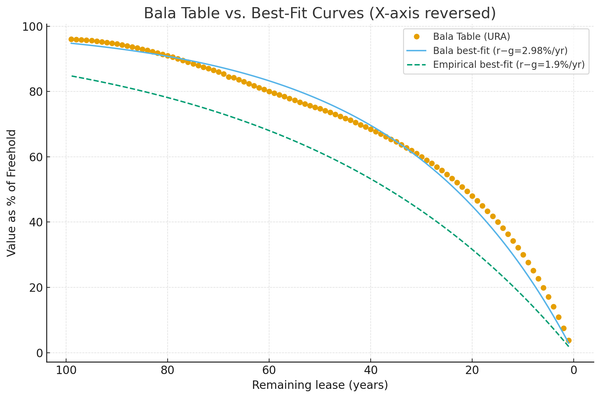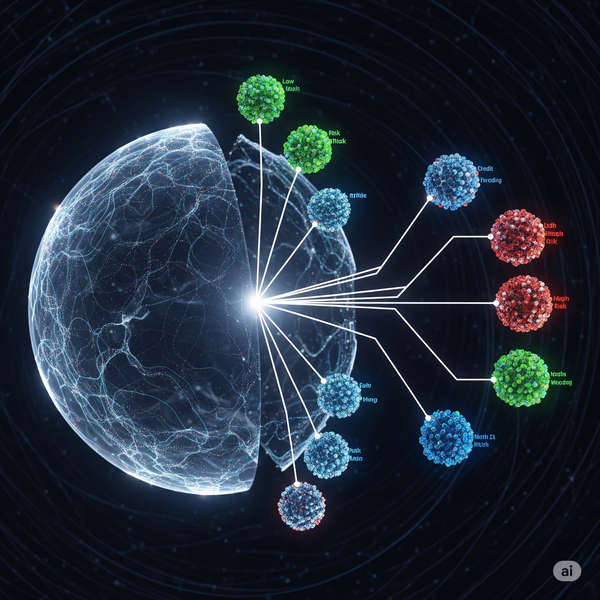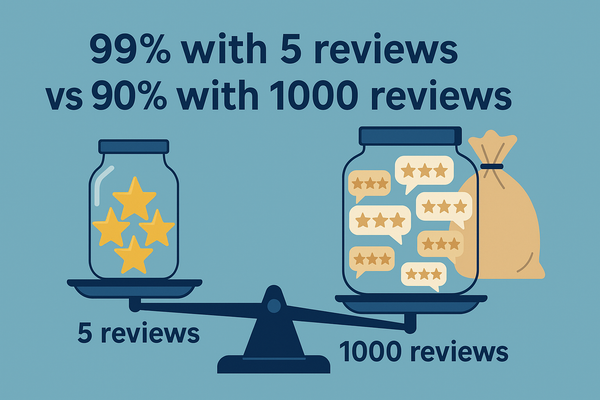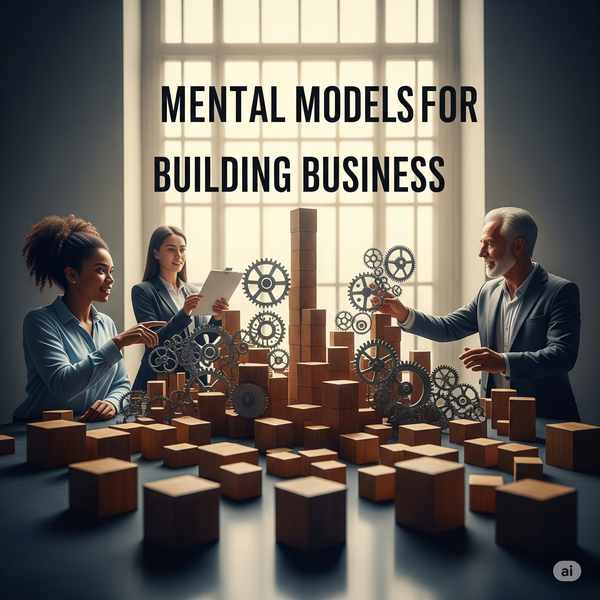AI and the Future of Personalized Education: A Paradigm Shift in Learning
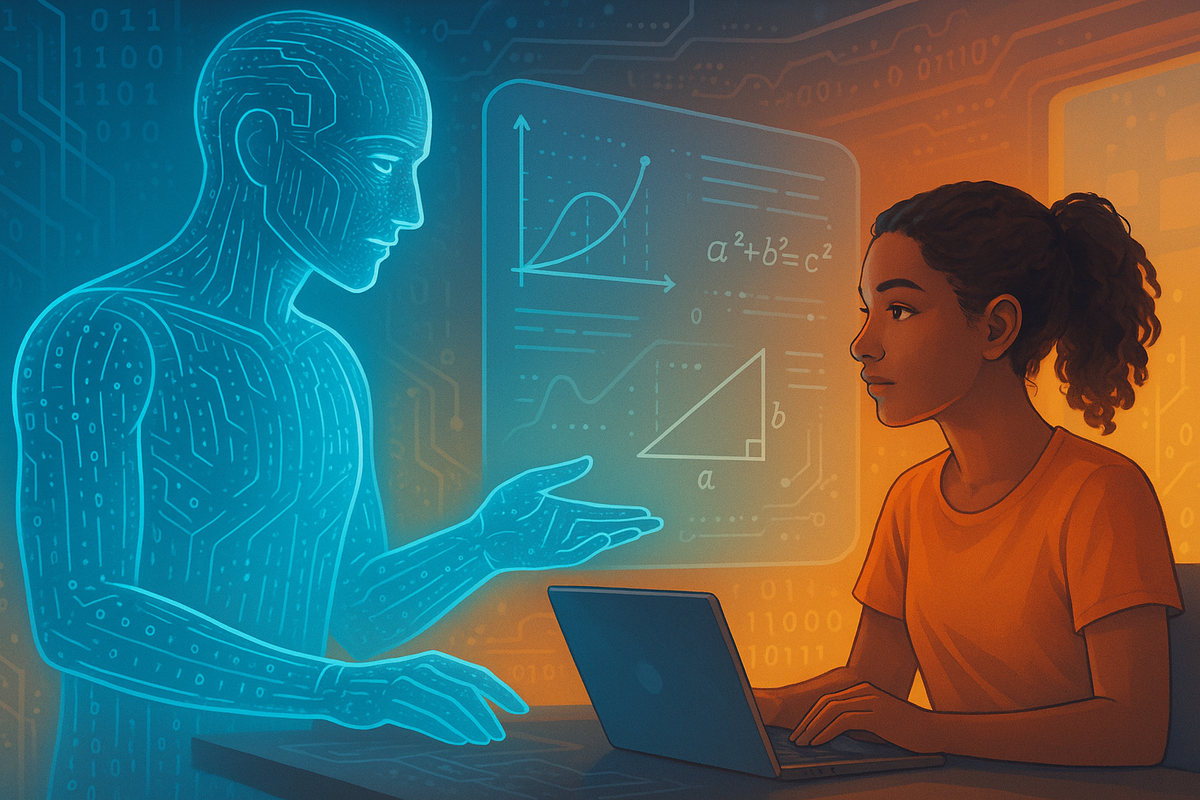
Recently, I've been exploring the theory of computation. With the rapid advancement of artificial intelligence—essentially a vast collection of algorithms and computational instructions designed to process inputs and generate outputs—I find myself increasingly curious about the fundamental capabilities and limitations of computation itself. Concepts such as automata, Turing machines, computability, and complexity frequently appear in discussions about AI, yet my understanding of these topics is still developing. I recently encountered fascinating articles by Stephen Wolfram, including Observer Theory and A New Kind of Science: A 15-Year View. Wolfram presents intriguing ideas, such as the claim that beyond a certain minimal threshold, nearly all processes—natural or artificial—are computationally equivalent in sophistication, and that even the simplest rules (like cellular automaton Rule 30) can produce irreducible, unpredictable complexity.
Before the advent of AI tools, my approach to learning involved selecting a relevant book, reading through it, and working diligently on exercises. A significant challenge in self-directed learning is the absence of immediate guidance when encountering difficulties. To overcome this, I would synthesize information from various sources—books, online resources, and Q&A platforms like Stack Overflow—to clarify my doubts. Although rewarding, as it encourages the brain to form connections and build new knowledge, this process is undeniably time-consuming. Imagine if we could directly converse with the author of a textbook—transforming the author into our personal teacher would greatly enhance learning efficiency.
In my view, an effective teacher should possess the following qualities:
- Expertise in the subject matter, with a depth of knowledge significantly greater than that of the student, and familiarity with related disciplines to provide a comprehensive understanding.
- A Socratic teaching style, where the teacher guides students through questions, encourages active participation, corrects misconceptions, and provides constructive feedback. The emphasis should be on the learning process rather than merely arriving at the correct answer.
- An ability to recognize and address the student's specific misunderstandings, adapting teaching methods to suit the student's individual learning style and level.
Realistically, not all teachers I've encountered meet these criteria. Good teachers are scarce resources, which explains why parents invest heavily in quality education and why developed countries typically have more qualified teachers than developing ones.
With the emergence of AI tools, I sense a potential paradigm shift in education. Rather than simply asking AI to solve problems, we can leverage AI as a personalized teacher. For undergraduate-level topics, AI already surpasses the average classroom instructor in terms of breadth and depth of knowledge. AI systems effectively function as encyclopedias, capable of addressing questions beyond the scope of typical educators. Moreover, AI can be easily adapted to employ a Socratic teaching approach. However, current AI still lacks the nuanced ability to fully understand a student's individual learning style and level. It relies heavily on the learner's self-awareness and reflection to identify gaps in understanding and logic, prompting the learner to seek clarification. This limitation likely arises because large language models (LLMs) are primarily trained to respond to human prompts rather than proactively prompting humans to think critically.
Considering how AI might reshape education, I offer the following informal predictions:
- AI systems will increasingly be trained specifically as teachers, designed to prompt learners through Socratic questioning rather than simply providing direct answers. A significant challenge will be creating suitable training environments and sourcing data that accurately reflect the learning process. Potential training resources could include textbooks, Q&A platforms like Stack Overflow and Quora, and educational videos from Khan Academy and MIT OpenCourseWare.
- AI-generated educational content will become dynamic and personalized, moving beyond traditional chatbot interactions. Similar to human teachers, AI might illustrate concepts through whiteboard explanations, diagrams, or even programming demonstrations. Outputs could include text, images, videos, or interactive web-based experiences.
- The number of AI teachers will vastly exceed the number of human teachers, significantly reducing the cost of education. This transformation may occur before 2028, aligning with predictions outlined in AI-2027.
In a hypothetical future where AI can perform every cognitive task, will humans still need to learn? Will we still require teachers? If AI remains friendly and supportive, I believe human curiosity will persist, though the necessity for traditional learning may diminish significantly. Humans might even use AI to better understand AI itself. Conversely, if AI were to become adversarial, perhaps humans would still have roles to fulfill, necessitating AI to teach humans the skills required for these tasks.

